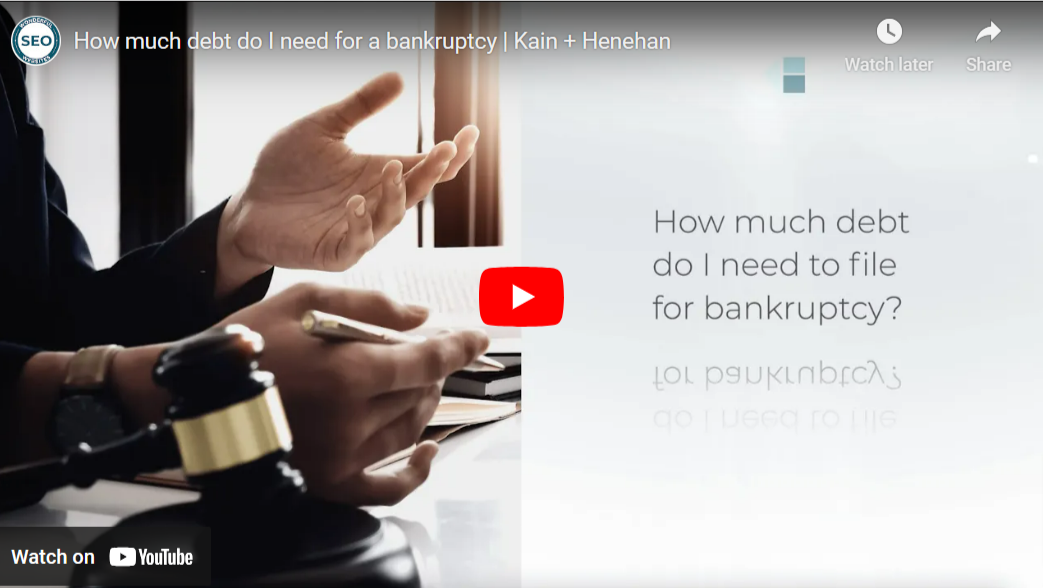Attorney Margaret Henehan clarifies an important misconception about bankruptcy: there is no legal minimum debt requirement to file for bankruptcy. This revelation may be surprising to many.
The threshold for considering this financial step doesn’t start with a specific dollar amount mandated by the court. Technically, someone could file for bankruptcy with as little as $2,000 in debt.
However, as Henehan points out, taking such action for a relatively small amount is uncommon and not practical. Bankruptcy is a significant financial decision with long-term implications, including its impact on one’s credit score and financial status.
Practical Thresholds for Bankruptcy
While there’s no set amount, practical considerations come into play when deciding whether bankruptcy is the right move. Henehan typically looks for situations where individuals owe $10,000 or more. This amount represents a significant financial burden that might justify the legal and administrative costs associated with filing for bankruptcy, as well as the credit implications.
Income vs. Debt Ratio
The decision to seek bankruptcy relief isn’t solely about the total amount of debt—but rather how that debt stacks up against your earning capacity and life circumstances. For instance, someone making $15 per hour and supporting children might find $8,000 in debt just as crushing as a higher earner facing $50,000. This context underscores the fact that personal financial conditions heavily influence the feasibility and advisability of filing for bankruptcy.
Type of Debts You Owe
The nature of your indebtedness also plays a critical role in the decision to file for bankruptcy. Unsecured debts, such as medical bills, credit cards, and personal loans, are typically more manageable through bankruptcy. These are the debts that can generally be discharged, providing clear relief to the filer. In contrast, secured debts like mortgages or car loans and non-dischargeable debts such as student loans or recent tax debts might not be as effectively handled through bankruptcy.
Ask a Bankruptcy Attorney If You Have a Case
If you have a lot of debt and are considering filing bankruptcy as a way to resolve it, then it is time to discuss your case with a bankruptcy attorney. Every case is different, so determining if you have enough debt for bankruptcy requires a detailed look from an attorney. Contact Kain + Henehan by calling (612) 438-8006 or filling out the online form to discuss your case during a free consultation. We may be able to help you file for bankruptcy or help you find another way to address your financial problems.

